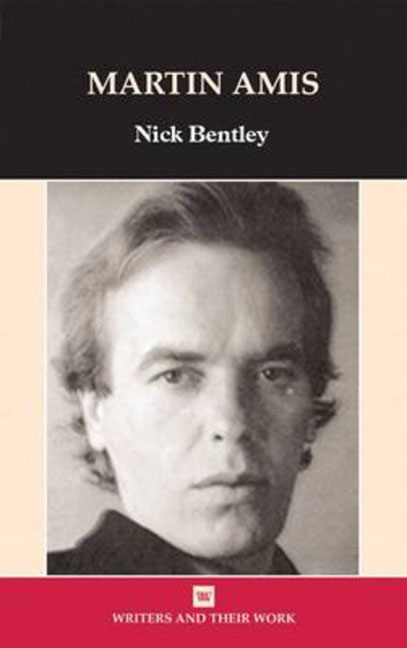Book contents
- Frontmatter
- Dedication
- Contents
- Acknowledgements
- Biographical Outline
- Abbreviations
- Introduction
- 1 Amis and Father: The Rachel Papers and Experience
- 2 Class Acts: Dead Babies and Success
- 3 Metafictional Mysteries: Other People and Money
- 4 Millennial Fictions: London Fields and Time's Arrow
- 5 Mid-Life Crises: The Information and Night Train
- 6 The Wild Dogs: Yellow Dog and House of Meetings
- 7 Cast of Crooks: The Pregnant Widow and Lionel Asbo
- Notes
- Select Bibliography
- Index
5 - Mid-Life Crises: The Information and Night Train
- Frontmatter
- Dedication
- Contents
- Acknowledgements
- Biographical Outline
- Abbreviations
- Introduction
- 1 Amis and Father: The Rachel Papers and Experience
- 2 Class Acts: Dead Babies and Success
- 3 Metafictional Mysteries: Other People and Money
- 4 Millennial Fictions: London Fields and Time's Arrow
- 5 Mid-Life Crises: The Information and Night Train
- 6 The Wild Dogs: Yellow Dog and House of Meetings
- 7 Cast of Crooks: The Pregnant Widow and Lionel Asbo
- Notes
- Select Bibliography
- Index
Summary
‘This whole thing is a crisis. The whole mess is a crisis of the middle years’ (I 62)
Amis's fiction has always been concerned with exploring the ways in which social and cultural movements and ideologies impact on the construction of people's identities, morals and behaviour. The Information and Night Train are both concerned with characters in periods of crisis, who are forced to reflect upon the way their individual identities are affected and changed by social experiences. Although written only two years apart in the 1990s, the two novels are stylistically very different. The Information is a dark comedy involving two novelists, both of whom are entering middle age: Richard Tull, an unsuccessful writer who represents the novel's main perspective, and Gwyn Barry, his more successful long-time friend. The novel deals with questions of literary value through Tull's increasing jealousy of Gwyn's successes with writing, money and women. The Information shows a return to the literary landscape in which Amis is most confident, contemporary London, and can be identified as the third novel in a loose trilogy with Money and London Fields. The novel's narrative framework is less selfconscious than those of his previous novels, and produces a more direct address between author and reader through the use of a third-person narrative voice. A critical distance is established between the narrator and Richard, but this is far less than that which exists in most of Amis's previous works, and the reader's empathy is greater with Richard than probably with any other character in Amis's fiction, until perhaps Des Pepperdine in Lionel Asbo. This has led James Diedrick to suggest that the novel is Amis's most autobiographical since The Rachel Papers, although the idea of autobiography cannot be straightforwardly attached to Richard's narrative, and indeed Amis's own relationship with literary culture can be seen as an amalgam of the Richard and Gwyn characters.
Night Train is a bleaker novel that, unusually for Amis, has a female narrator. However, the narrative of Detective Mike Hoolihan is less convincing and less provocative than that of the other narrators Amis has produced: the control of the American Cop idiom is consistent, but less provoking than a Charles Highway, John Self or Samson Young. Any experiment with the female voice is largely negated by the emphasis on the masculine aspects of Hoolihan's character (as indicated by her first name).
- Type
- Chapter
- Information
- Martin Amis , pp. 71 - 85Publisher: Liverpool University PressPrint publication year: 2010



